Navigating the Nuances: Understanding Your Platonic Relationship
Sara Srifi
Thu Aug 28 2025

Explore the nuances of platonic relationships. Understand the differences from romance, signs of a platonic bond, and how to nurture these deep connections.
Sometimes, you just click with someone, right? It’s that feeling of being totally understood, of having someone who just *gets* you, but not in a romantic way. We often talk about romantic love, but what about those other deep connections? This article is all about exploring the world of the platonic relationship, what makes it special, and how to keep those bonds strong.
Key Takeaways
A platonic relationship is a deep, intimate connection without romantic or sexual attraction, focusing on emotional and intellectual closeness.
While friendships are broad, platonic relationships often highlight a particularly deep, sometimes soulmate-like connection, built on mutual understanding and trust.
Distinguishing platonic bonds from romantic ones involves looking at the absence of romantic desire, jealousy, and specific future expectations.
Nurturing these connections means prioritizing open communication, vulnerability, and respecting each other's boundaries and individual lives.
Platonic relationships can be incredibly fulfilling, offering unique companionship and support, and sometimes even evolving or existing in forms like quasi-platonic relationships.
Understanding The Core Of A Platonic Relationship

Sometimes, you just click with someone. It’s that feeling of being truly understood, of sharing a connection that feels significant, but it doesn't have that romantic spark. That’s the heart of a platonic relationship. It’s about a deep bond that’s built on mutual respect, emotional closeness, and shared experiences, all without the expectation of romance or physical intimacy.
Defining Platonic Love Beyond Friendship
Platonic love is more than just being friends. While friendships are great, platonic relationships often involve a level of emotional intimacy and vulnerability that goes a bit deeper. Think of it as a special kind of closeness where you can be completely yourself, share your deepest thoughts and feelings, and know you’re accepted. It’s about seeing and appreciating the other person for who they truly are, and them doing the same for you. It’s a connection that nourishes the soul, offering a unique kind of support and understanding.
The Ancient Roots Of Platonic Connection
The idea of platonic connection isn't new. Way back in ancient Greece, the philosopher Plato talked about a kind of love that went beyond the physical. He believed that true connection was about appreciating the beauty and goodness in someone’s soul, aiming for a higher form of understanding. This ancient concept highlights that these deep, non-romantic bonds have been recognized and valued for centuries. It’s a reminder that these connections are a natural and important part of the human experience.
Feeling Seen And Understood
One of the most powerful aspects of a platonic relationship is the feeling of being truly seen and understood. It’s like finding someone who speaks your language, someone who gets your quirks, your dreams, and even your silent thoughts. This kind of connection can be incredibly validating. It means you don’t have to explain yourself constantly; there’s an intuitive grasp of who you are. This shared wavelength creates a safe space where you can be authentic, knowing you have someone in your corner who genuinely gets it.
Distinguishing Platonic Bonds From Romantic Love
It can get confusing sometimes, right? Trying to figure out if the deep connection you share with someone is purely platonic or if it's tipping into romantic territory. It’s totally normal to wonder about this, especially since many of the things that make a friendship special can also be part of a romantic relationship. The key is to look at the underlying feelings and expectations.
Emotional Intimacy Versus Romantic Desire
Both platonic and romantic relationships can involve a lot of emotional closeness. You might share your deepest thoughts, fears, and dreams with a close friend, and that’s a sign of strong emotional intimacy. This kind of connection is built on trust and feeling understood. However, in a romantic relationship, this emotional intimacy is usually paired with a spark – a romantic or sexual attraction. It’s that feeling of wanting more than just companionship, a desire for a deeper, often exclusive, connection that includes passion.
The Role Of Physical Affection
Physical touch is a big one. Hugs, a hand on the shoulder, or even sitting close together can happen in both platonic and romantic bonds. It’s how you feel about that touch, and what it signifies, that often makes the difference. In platonic relationships, physical affection is usually friendly and comforting, without any underlying romantic or sexual tension. In romantic relationships, physical touch often carries a different weight; it can be a way to express desire, passion, and a longing for deeper physical closeness.
Expectations For The Future
Think about what you both envision for the future. Platonic relationships tend to be more flexible. You support each other’s life paths, including their romantic lives, without expecting exclusivity or a shared future in the same way a romantic partner might. Romantic relationships, on the other hand, often come with expectations of commitment, exclusivity, and building a life together. It’s about whether you see yourselves as a unit moving forward, sharing major life decisions and experiences.
Navigating Jealousy And Possessiveness
Jealousy can be a tricky indicator. In a healthy platonic bond, you can genuinely celebrate your friend’s romantic successes or new relationships without feeling a pang of possessiveness or envy. You’re happy for them, period. Romantic relationships, however, can sometimes involve feelings of jealousy or possessiveness, especially when it comes to exclusivity and the attention your partner gives to others. While some level of jealousy can be normal in romance, it shouldn’t dominate the relationship or stem from a lack of trust.
The core difference often lies not just in the actions but in the intentions and feelings behind them. It’s about whether the connection is primarily about deep companionship and mutual support, or if it includes a layer of romantic longing and desire for exclusivity.
Signs You Share A Platonic Connection
Sometimes, you just click with someone. It’s that easy feeling, the sense that you’re on the same page without even trying. But how do you know if that connection is purely platonic, or if there’s something more simmering beneath the surface? It’s not always obvious, especially when emotions run deep. Here are some common signs that point to a solid, non-romantic bond.
Deep Emotional Conversations Without Attraction
You can talk for hours about anything and everything, sharing your deepest thoughts and fears. There’s a real sense of being heard and understood, but crucially, there’s no underlying romantic or sexual pull. It feels like a safe space for your mind and heart, not a prelude to something else.
Supporting Romantic Partners Without Envy
When your platonic friend talks about their romantic partner or dates, you feel genuinely happy for them. There’s no pang of jealousy or a feeling of being left out. You’re simply glad they’ve found someone they care about, which is a big indicator that your bond isn’t about romantic competition.
Comfortable Time Together Without Tension
Hanging out is easy. You can spend time together, whether it’s watching a movie, grabbing coffee, or working on a project, without any awkwardness or unspoken romantic expectations. The comfort level is high, and you can just be yourselves.
Friendly Physical Affection
Physical touch is part of the connection, but it feels casual and friendly. Think of a warm hug, a pat on the back, or a high-five. It’s a gesture of support or camaraderie, not something that feels charged with romantic energy or flirtation. It’s about connection, not attraction.
Mutual Acknowledgment Of The Bond
Often, you and the other person have a shared understanding of your relationship. You might have even talked about it, confirming that you both see it as a deep, meaningful friendship without romantic involvement. This clarity helps keep things straightforward and prevents misunderstandings. It’s about recognizing that you’ve found a special kind of connection, a true platonic soulmate.
It’s that feeling of being truly seen and accepted for who you are, without the pressure or complications that often come with romantic relationships. This kind of connection can be incredibly grounding and fulfilling.
Nurturing Your Platonic Intimacy
Building a strong platonic connection isn't just about having fun together; it's about actively cultivating a space where you both feel safe and valued. This kind of intimacy grows when you're willing to be open and let someone see the real you, flaws and all. It’s about building that trust, brick by brick, through consistent actions and genuine care. When you prioritize understanding each other's perspectives and feelings, you create a bond that’s both deep and resilient.
Building Trust Through Vulnerability
Letting your guard down is key here. It means sharing your thoughts, fears, and even your silly little worries without the fear of judgment. Think about those moments when you've shared something personal, and the other person just listened, really listened, and responded with empathy. That’s vulnerability in action, and it’s the bedrock of trust in any relationship, platonic or otherwise. It’s not about oversharing or dumping all your problems, but about offering a glimpse into your inner world.
Prioritizing Mutual Understanding
This involves actively trying to see things from your friend’s point of view, even when it’s different from your own. It’s about acknowledging their feelings and experiences as valid, even if you don’t fully agree. Sometimes, just saying, "I hear you, and I understand why you feel that way," can make a huge difference. It shows you're invested in their well-being and that you value their perspective. This kind of understanding is what makes a platonic bond feel truly special and supportive.
Maintaining Open Communication
This is where you talk about what’s working and what’s not, in a way that’s respectful and constructive. It’s about checking in regularly, not just about big life events, but about how you’re both feeling about the friendship itself. Are there things you need more of? Are there things that feel a bit off? Being able to have these conversations openly and honestly is what keeps the relationship healthy and prevents misunderstandings from growing. It’s about making sure you’re both on the same page and comfortable with the dynamic of your connection. If you're finding it hard to communicate effectively, consider seeking advice on how to communicate better.
Cultivating And Maintaining Platonic Bonds

Building and keeping a good platonic relationship takes some effort, just like any connection that matters. It’s about making sure both people feel good about the bond they share, and that it stays strong over time. Think of it like tending a garden; you need to water it, give it sunlight, and pull out the weeds.
Fostering Trust and Connection
Trust is the bedrock here. It’s built by being reliable and honest, even when it’s tough. When you share something personal, and the other person handles it with care, that builds trust. It’s also about showing up for them, not just when it’s easy, but when things get a bit messy. Connection grows when you both feel safe to be yourselves, flaws and all. It’s that feeling of being truly seen and accepted for who you are, without any pretense.
Be dependable: Follow through on your promises, big or small.
Share openly (but appropriately): Vulnerability is a two-way street that deepens connection.
Show genuine interest: Ask questions and really listen to the answers.
Respecting Boundaries and Space
Boundaries are super important. They’re not about pushing people away; they’re about defining what feels comfortable and safe for everyone involved. This means understanding that your platonic friend has other relationships and commitments, and that’s okay. Giving each other space is also key. It allows you both to have your own lives and come back to the friendship feeling refreshed. It’s about balance – being present for each other without being overbearing.
Respecting boundaries means acknowledging that this connection exists within a larger context of your lives, and that’s a healthy thing.
Appreciating Each Other's True Selves
Sometimes, we can fall into the trap of liking an idea of a person rather than the actual person. In platonic relationships, the goal is to appreciate the real deal. This means liking them for their quirks, their opinions (even when they differ from yours), and their unique way of seeing the world. It’s about celebrating their successes and being there during their struggles, not because you have to, but because you genuinely care about their well-being. This kind of appreciation is what makes a platonic bond truly special and lasting.
Exploring The Spectrum Of Platonic Connections
Platonic relationships aren't just one-size-fits-all. They exist on a wide spectrum, and understanding where your connections fall can be really helpful. It's not always a simple 'friend' or 'not friend' situation. Sometimes, the lines can feel a bit blurry, and that's okay. These bonds can be incredibly deep and meaningful, offering a unique kind of support and understanding that differs from romantic partnerships.
The Appeal Of A Platonic Soulmate
We all want to feel truly seen, right? That's where the idea of a platonic soulmate comes in. It’s that person you connect with on a really deep level, sharing thoughts and feelings without any romantic or sexual tension. It’s like finding someone who’s on the exact same wavelength as you. You might be in a romantic relationship, but still feel a bit alone sometimes. A platonic soulmate fills that gap, offering a profound sense of belonging and understanding. They just get you, the real you.
Understanding Quasi-Platonic Relationships
Quasi-platonic relationships are interesting because they sit in a space that’s a bit more intense than a typical friendship, but without the romantic or sexual elements. Think of it as a very close, committed bond where you share a lot of life with someone, but it's not a romantic partnership. It’s about a deep, intellectual, or even spiritual connection that’s incredibly important to both people. These relationships often involve a high level of trust and vulnerability, making them feel very significant.
The Possibility Of Evolution
It's also worth noting that relationships can change over time. What starts as a casual friendship might deepen into something more platonic, or a platonic bond might even evolve into a romantic one. It’s important to be aware of these shifts and communicate openly with the other person. Sometimes, a strong platonic connection can be the foundation for a lasting romantic relationship, while other times, the platonic nature is what makes the bond so special and enduring. Respecting boundaries and being honest about feelings are key when navigating these changes. For those who identify as aromantic, understanding these distinctions is particularly important for cherishing these important connections.
Wrapping It Up
So, we've talked a lot about what makes platonic relationships special. It's all about that deep connection, the feeling of being truly understood without any romantic stuff getting in the way. Remember, these bonds are built on trust, open chats, and just really appreciating each other for who you are. It’s okay if the lines sometimes feel a little blurry, but knowing the difference between a close friend and something more is key. Cherish these connections; they really do add a lot to life.
Frequently Asked Questions
What exactly is a platonic relationship?
Think of it like this: a platonic relationship is a super close friendship. You share deep thoughts and feelings, and you really care about each other, but there are no romantic or physical feelings involved. It's about a strong connection of minds and hearts, not a romance.
How is a platonic relationship different from a romantic one?
The biggest difference is romance and physical attraction. In a platonic bond, those things aren't there. You might hug a platonic friend, but it feels like hugging any other buddy. In a romantic relationship, there's usually a desire for more physical closeness and a romantic connection.
What are some signs that I have a platonic relationship with someone?
You might have a platonic connection if you can talk about anything with someone without feeling awkward, you're genuinely happy when they talk about their own romantic partners, and spending time together feels easy and comfortable, without any romantic pressure.
How can I build a stronger platonic connection with someone?
It's all about being open and honest. You need to trust each other enough to share your true selves, even the parts you might be a little shy about. When you both feel safe to be vulnerable, that's how the connection grows stronger.
How do I keep a platonic friendship healthy over time?
You keep talking to each other! Make sure you both feel good about the friendship and check in sometimes to see if you're still on the same page. It's also important to respect each other's personal space and other relationships.
What is a 'platonic soulmate'?
Sometimes, a friendship can feel so deep and special that it's like finding a soulmate, but without the romance. These are often called platonic soulmates. It means you have a unique understanding and connection with someone that makes you feel really understood and complete.
previous
Elder voices of the Millenium: Michelle Obama
next
Can Humans Live in Mars? Exploring the Possibilities and Challenges
Share this

Sara Srifi
Sara is a Software Engineering and Business student with a passion for astronomy, cultural studies, and human-centered storytelling. She explores the quiet intersections between science, identity, and imagination, reflecting on how space, art, and society shape the way we understand ourselves and the world around us. Her writing draws on curiosity and lived experience to bridge disciplines and spark dialogue across cultures.
More Articles
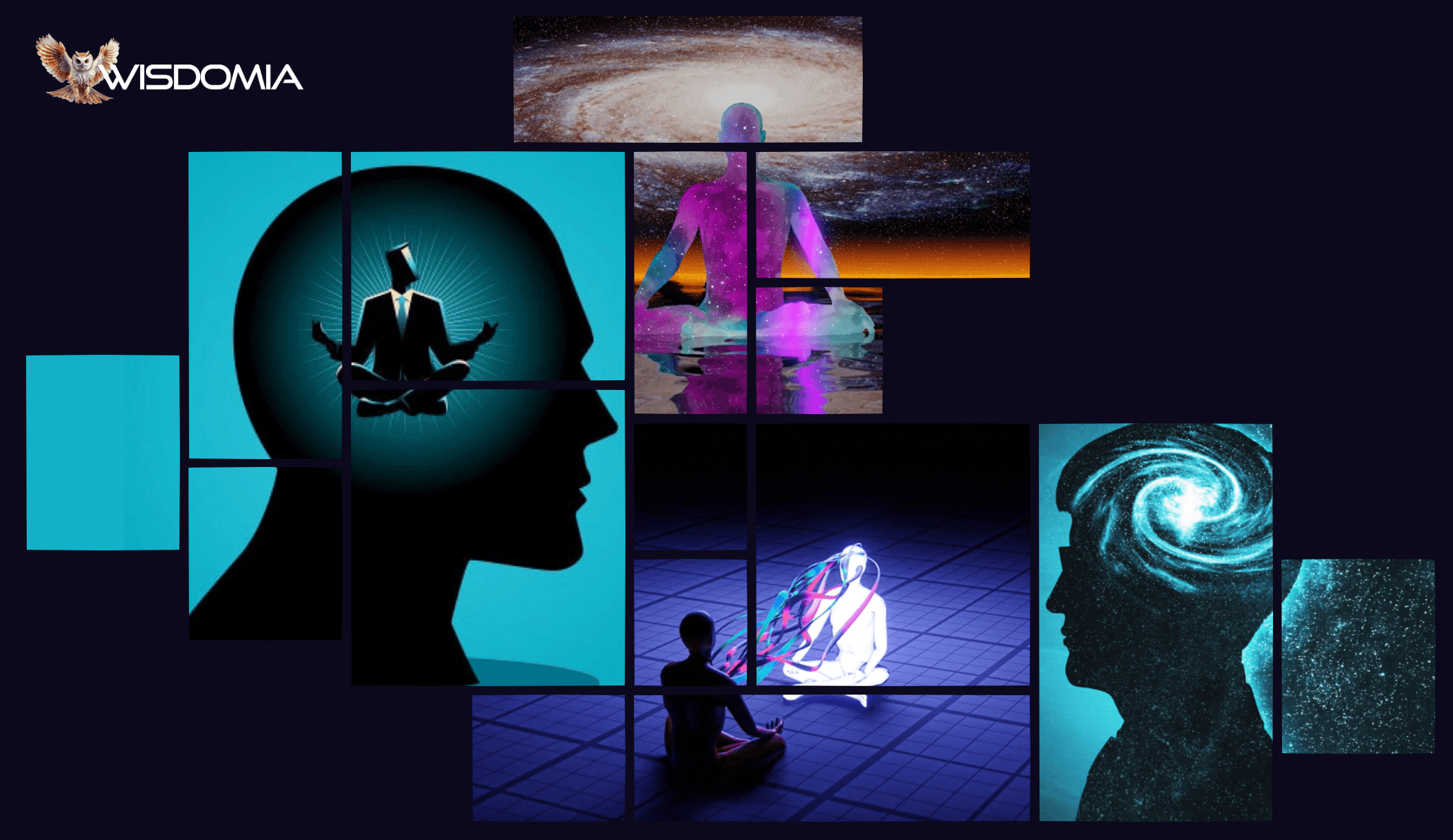
IQ, EQ and SQ: Why Education Ignores the Third Axis
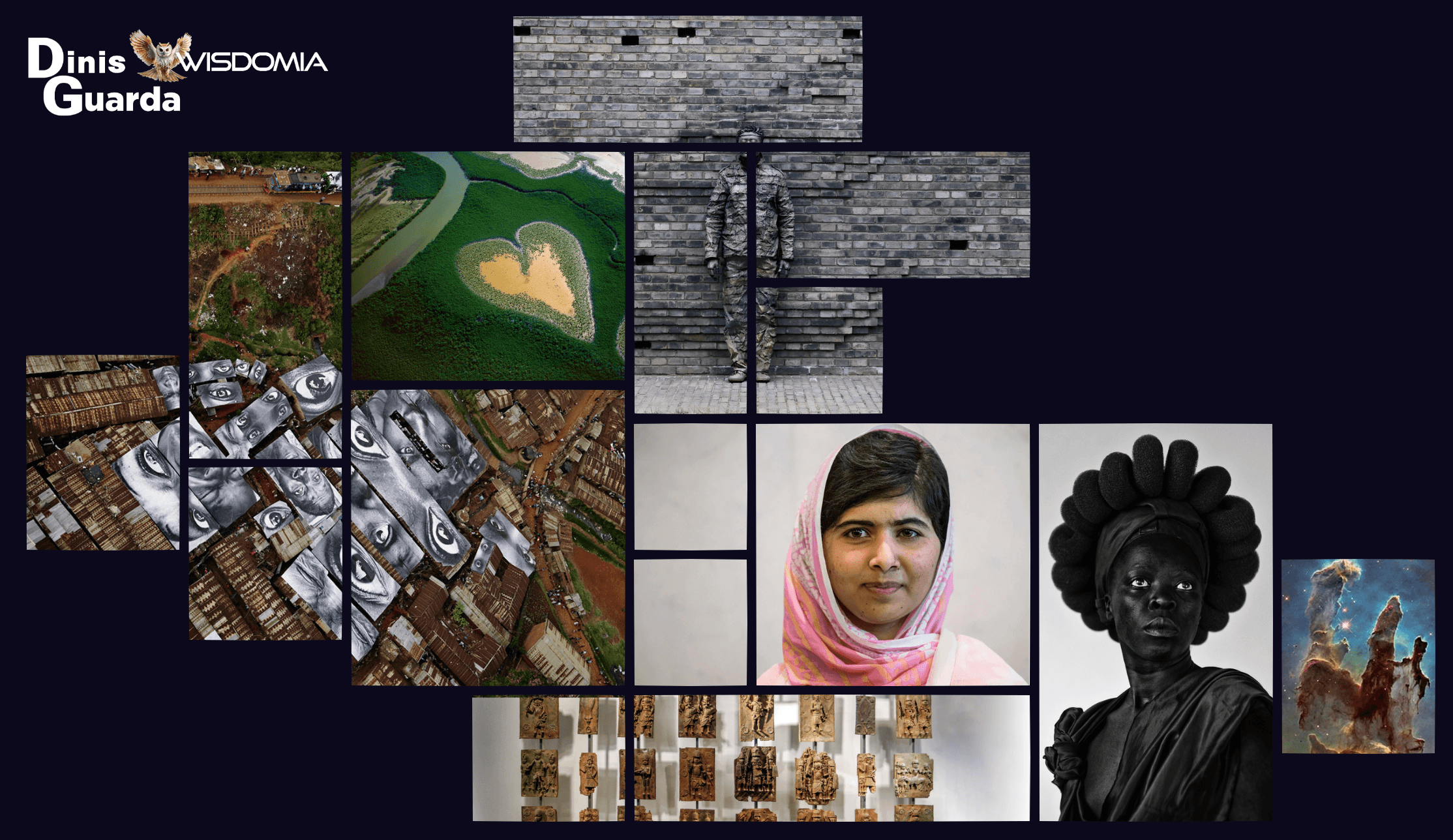
The Digital Convergence: When Images Became Everything, Everywhere, All at Once
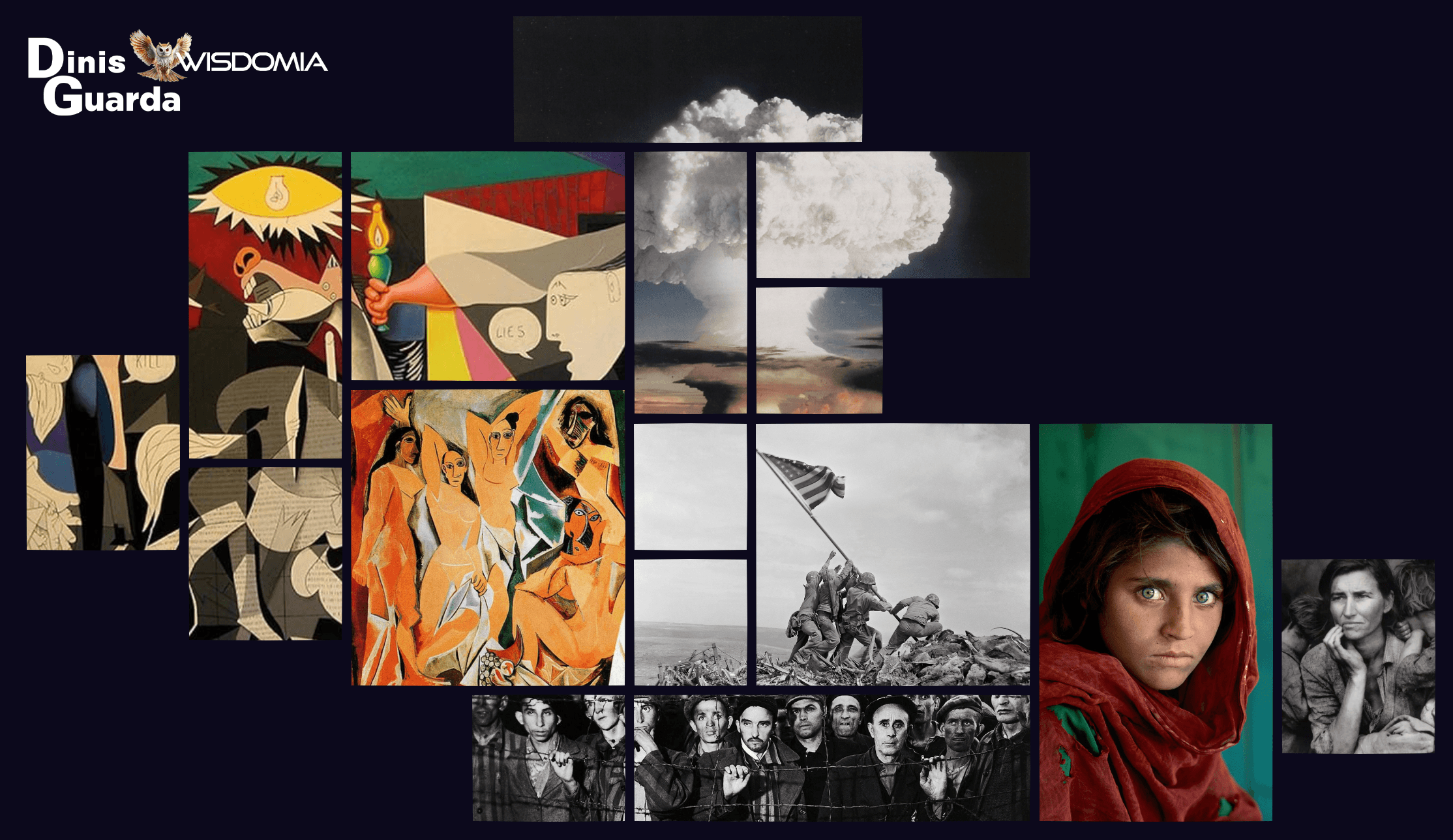
Modern Revolutions and the Digital Explosion: Images That Shattered and Rebuilt Reality
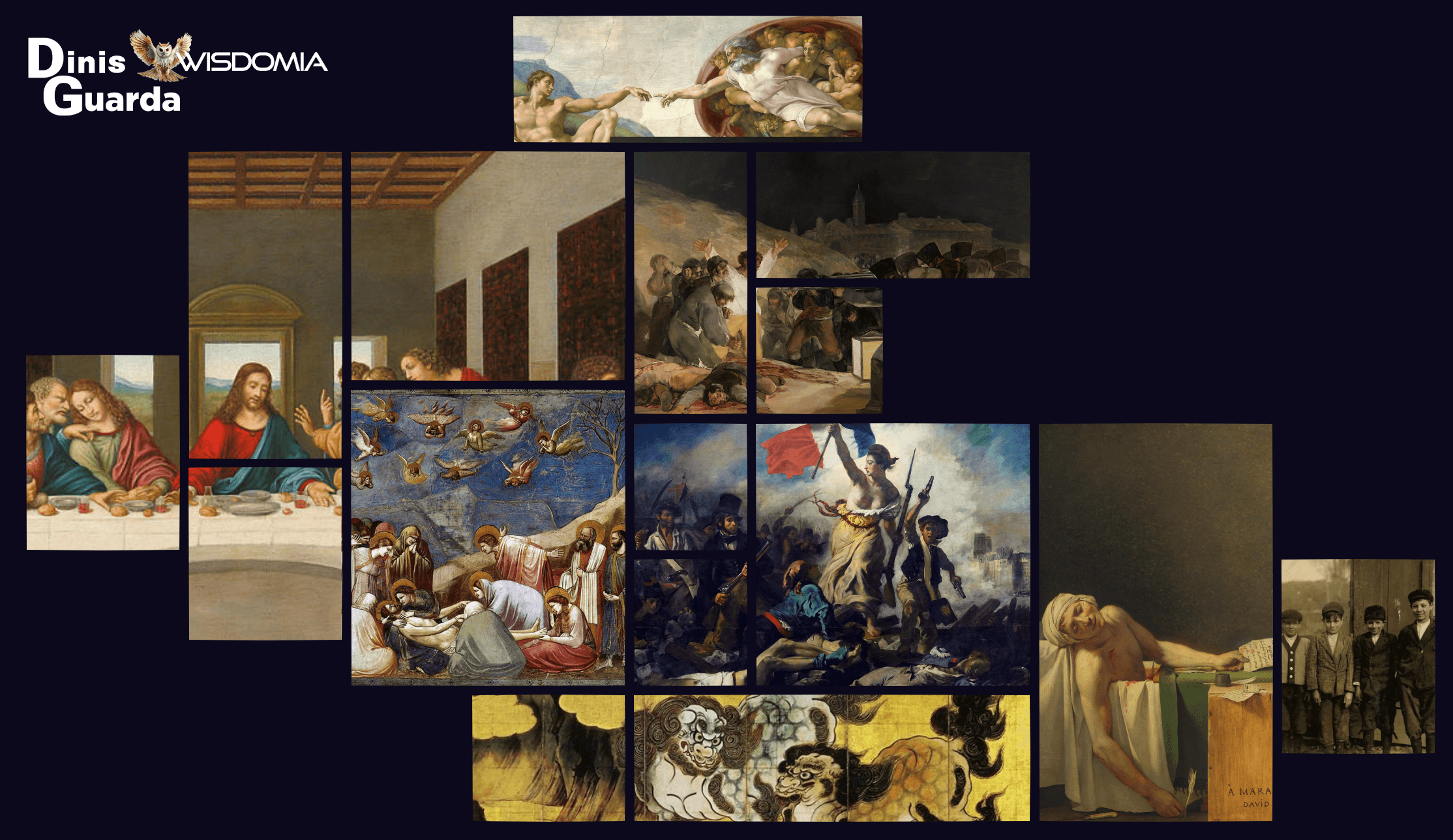
Renaissance Humanism and the Birth of the Modern Gaze: Images That Taught Us to See Ourselves
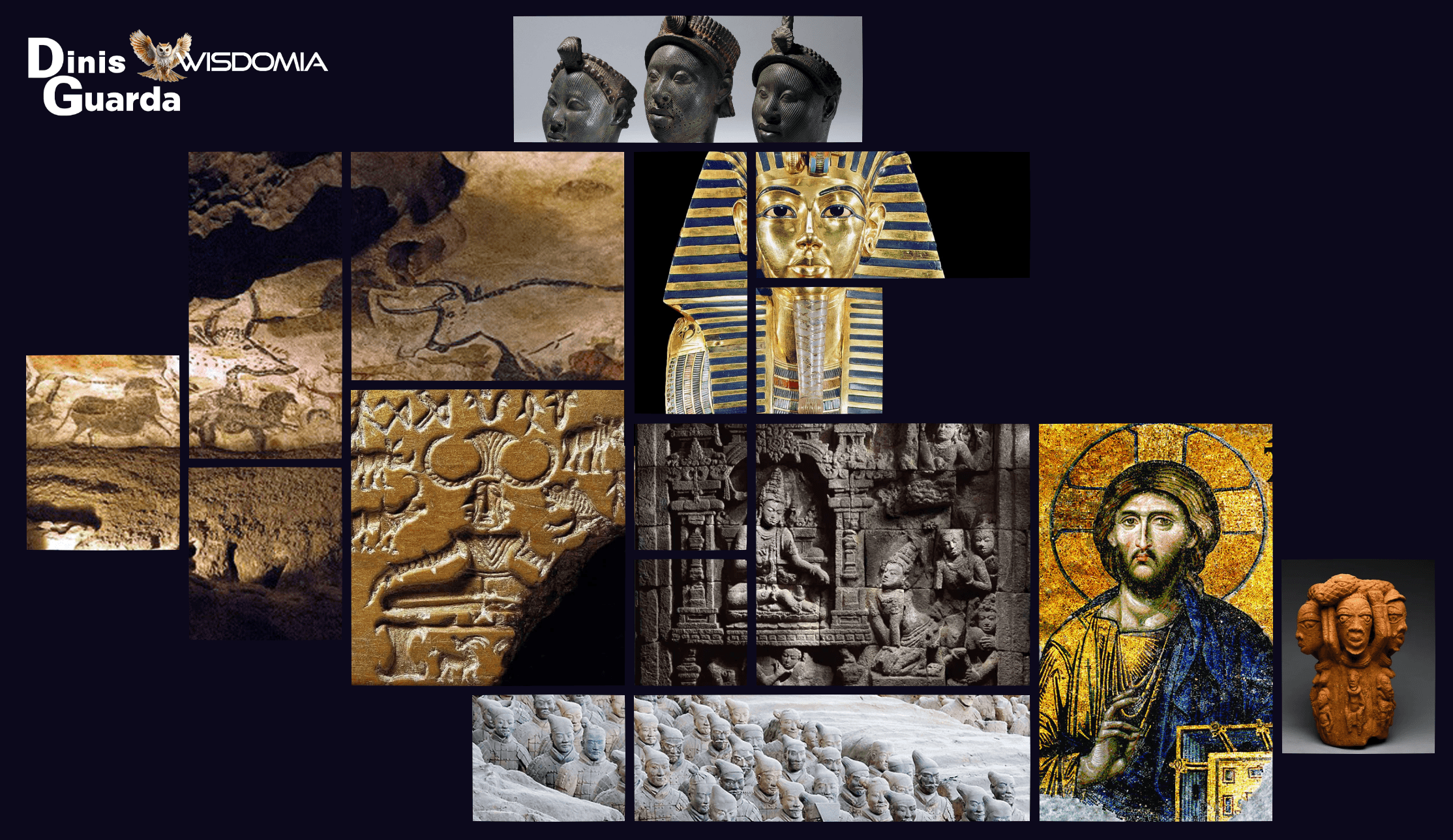
When Vision Becomes Destiny: The First 25 Images That Shaped Human Consciousness





